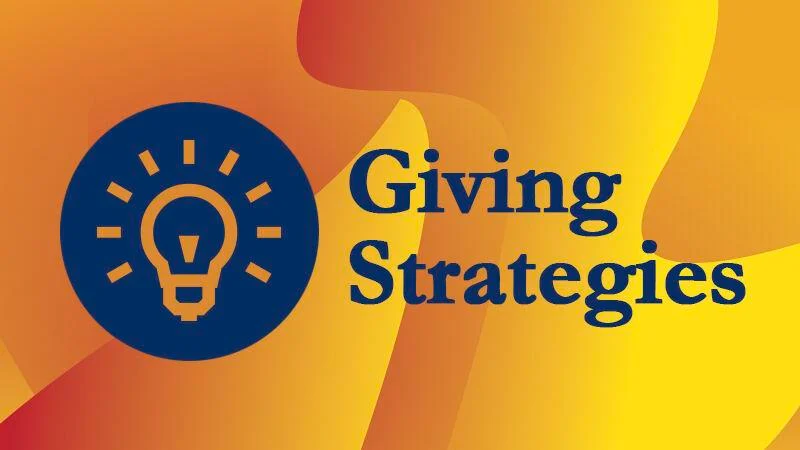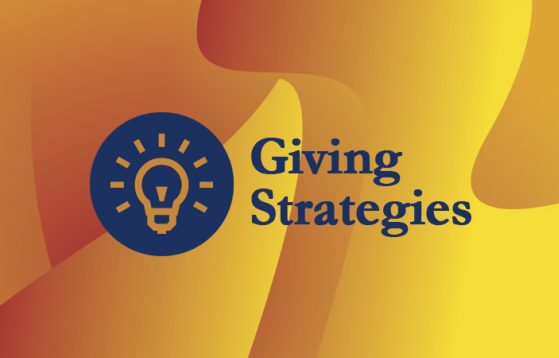Giving Strategies: 2022 Year-End Tax Planning Letter

As we approach the end of the year it is helpful to reflect on steps that can be taken to reduce taxes that otherwise would be due.
Key Considerations for Year-End Tax Planning
Use appreciated assets to make a charitable gift in 2022. As in previous years, gifts of appreciated assets (stock) remain a best practice. Such gifts not only provide a deduction to the donor but also avoid the capital gains tax. Conversely, built-in loss assets generally should be sold (generating a tax loss) with the resulting cash proceeds donated, if desired. Note that, as in previous years, up to $3,000 of capital losses may be used to offset ordinary income.
Consider donating to a DAF this year for maximum flexibility. If you are considering making a significant donation to charity over time but want a deduction today, consider adding funds to an existing donor-advised fund (DAF) or opening a new DAF. It can be especially beneficial to donate appreciated assets and avoid paying the capital gains taxes associated with them. The Jewish Federation of Cincinnati has managed donor-advised funds for many of our donors for more than 35 years and would be happy to assist. For further information please contact Mindy Garvey mgarvey@jfedcin.org or visit our website https://www.jewishcincinnati.org/give-ways-to-give/donor-advised-funds.
Look into an IRA charitable rollover. The IRA charitable rollover is an attractive option because it can help satisfy the minimum distribution requirement without incurring income tax, even if you don’t itemize your deductions. If the proposed legislation expanding the amount and nature of rollovers is enacted, this option will become even more attractive.
Consider taking advantage of energy incentives in the Inflation Reduction Act. As you plan for 2023, consider taking advantage of the new and newly expanded and extended green energy incentives that are provided by the Inflation Reduction Act, including the tax credits for rooftop solar panels, insulation, electric vehicle purchases, and energy-efficient home improvements. Each of these incentives has somewhat complex rules, and some do not go into effect until 2023, so careful research is required.
Consider accelerating noncharitable gifts. The unified estate/gift credit of $12.06 million is scheduled to automatically reduce to around $6 million beginning with transfers made in 2026. Accordingly, taxpayers who intend to make significant gifts (either during their lifetime or in the form of bequests) may want to consider accelerating some or all of those gifts earlier.
As with any significant tax and charitable planning, it is always advisable to carefully consider potential changes in the context of your complete financial profile and to consult your tax advisor.
Disclaimer: The Jewish Federation of Cincinnati does not provide tax advice. Please consult with your professional advisor before taking any action. If you have any questions, please contact Jim Friedman jfriedman@jfedcin.org or Debra Steinbuch dsteinbuch@jfedcin.org.
Thanks for caring about our community and what we do.
Stay connected: sign up for our newsletter here.
more tips from our experts

Giving Strategies: A Donor-Advised Fund is a Win-Win – Maximize Your Impact AND Minimize Your Tax Burden
learn more
Deb’s April Tip: You Can’t Take It With You—5 Reasons to Include Your Favorite Organizations in Your Legacy Gift
learn more

